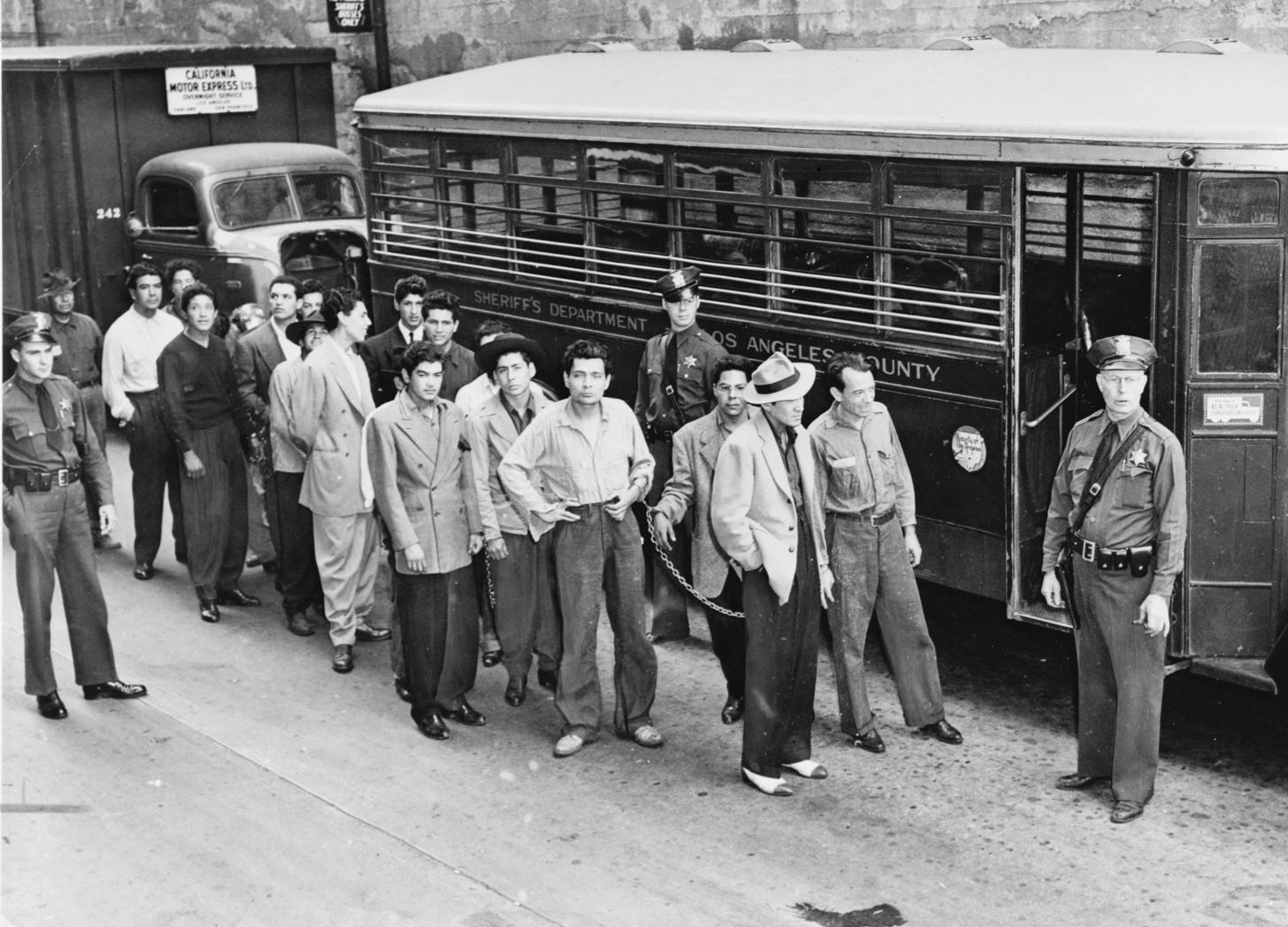The year is 1944, the place a training area in the Hawaiian Islands.
You are Captain John L. Schwabe, United States Marine Corps Reserve.
A veteran of the battles of Guadalcanal and Tarawa, you currently serve as intelligence officer (R-2) of the 2nd Marine Regiment. As such, you are responsible for the
collection of all available information
of the enemy and
the terrain over which the unit is operating or is to operate
the determination of the meaning of all the information thus collected
and the preparation from it of intelligence for transmission to
the regimental commander and to
higher lower, and neighboring headquarters.1
The twenty-four Marines of the regimental intelligence section assist you in this work. At full strength, this section consists of two officers, a platoon sergeant, six non-commissioned officers who analyze information, and fifteen scout-observers who conduct patrols and man surveillance stations.
Earlier today, the division intelligence officer (G-2) sent you a Marine who, in his opinion, might be a good fit for your section. Barely eighteen, slightly built, and, at five feet three inches, much shorter than average, this young man, who introduced himself as Private Guy Gabaldon, exuded enormous confidence.
‘I was born in Los Angeles’, he told you, ‘where my father worked as a machinist. I grew up on the streets, shining shoes, hanging out with winos, and getting into lots of fights. To keep me out of trouble, my parents sent me to New Mexico, to live with my grandfather. He taught me Spanish, and told me lots of stories about my ancestors, who conquered that territory in the fifteen hundreds.’
‘After a year in New Mexico, I returned to L.A., where I made friends with two Japanese kids, Lane and Lyle Nakano. For the next five years, I spent a lot of time with them and their family. I even attended Japanese school with them on Saturdays.'
‘After Pearl Harbor, the Nakonos got sent to a camp, in Montana or Colorado or somewhere like that. I stayed in L.A.’
‘The day I turned seventeen, I tried to join the Navy, to be a submariner, but the Navy turned me down. In one of my fights, you see, I got a ruptured ear drum.’
‘I then tried the Marines. I told the recruiter that I spoke Japanese, so they sent me to the school at Camp Eliot, just north of San Diego, to learn how to read captured documents.’
‘One weekend, however, we got liberty, and they told us to stay out of L.A., on account of the Zoot Suit Riots. But I’m from L.A., so I went there anyway.’
‘The Zoot Suiters didn’t bother me, but I got into a fight with a big Russian guy. I hit him hard. He won’t forget me for a while. But he got in a lucky punch, and I ended up with a broken jaw.’

‘So, I spent some weeks in the hospital, with my jaw wired shut. It wasn’t so bad. My uniform got torn up in the fight, so I borrowed a Crackerjack suit from a sailor in my ward and went drinking. Did you know you could drink beer out a straw?’
‘When I got back to Camp Eliot, they told me that I had been dropped from the course, and that I had orders to the 2nd Marines, which put me in a mortar platoon.’
‘After humping a base plate for a couple of weeks, I told my platoon sergeant that I could speak Japanese. So, he sent me up to division, to talk to the intelligence officer there.’
‘He sent me to the interpreters. But they didn’t like the way I talk. They speak school-book Japanese. I speak the lingo of the street. So, here I am.’
So, Captain Schwabe, what do you think? Is there a place for Private Gabaldon in your section? If so, how do you plan to employ him?
Please use the comments section to propose answers to this question. I will post the historical solution on Saturday, 7 June 2025.
US. Marine Corps The Organization of the Marine Infantry Regiment (Quantico: Marine Corps Schools, 1944) page 28










1. Find out if he actually speaks Japanese or not by having a linguist or local Hawaiian fluent in Japanese interview him. If he really does, assign him to the analyst section and see what he can do, as he could be a real asset. If not:
2. Assign him to the scout section as a guy with this much drive might be a plus.
In both cases, have the NCOs monitor his training and behavior closely. If he is an asset, keep him and if not, you can always send him back to a line unit. The Marines need good mortar men too.
LA is a jungle just as is Saipan, albeit with different characteristics. Also, since Japanese culture is indirect, this kid’s ability to understand the true meaning of spoken Japanese will be of benefit. If it were me, I would bring him on as a scout/sniper and have him lead patrols to find Japanese positions and to determine which soldiers to capture for later interrogation and exploitation. I would also tell the kid I will support creative initiative in the field, but I will not tolerate screw ups. Harsh consequences will accompany the latter.